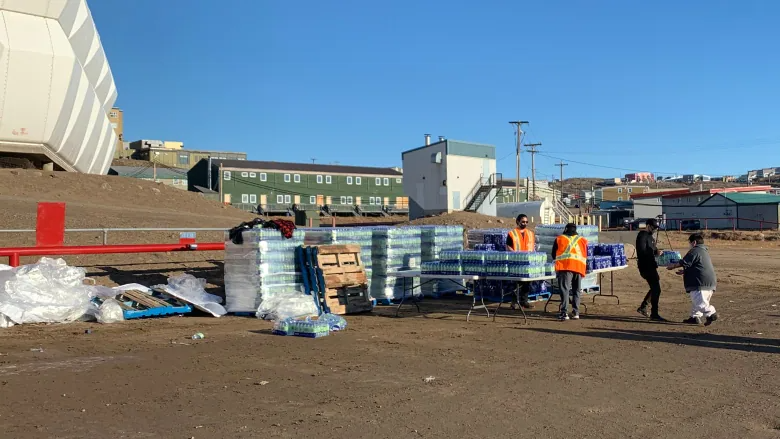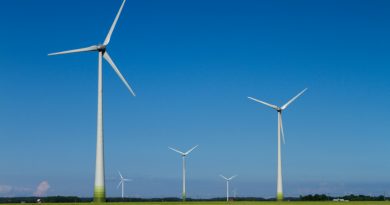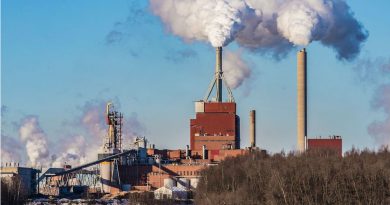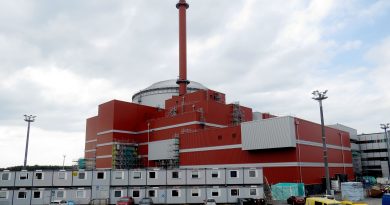City in Arctic Canada extends state of local emergency over water crisis

Safe water is available for all, councilor says
During an emergency city council meeting on Tuesday, Iqaluit city council extended the local state of emergency in a unanimous vote.
A state of emergency was declared on Oct. 12 after city staff found evidence of fuel contamination in the city’s treated water supply. Residents were the water as it is unsafe to drink, even if filtered or boiled.
During Tuesday’s meeting, Coun. Kyle Sheppard told residents there is enough safe drinking water for all.
“I’d just like to reassure residents that there is more than enough water on the ground, and coming, to meet our needs of everybody in our community,” he said.
“There’s no need to line up early and rush to the distribution points when they happen in the evenings.”
Iqaluit residents were seen stocking up on bottled water at stores around town last week and collecting water from the nearby Sylvia Grinnell River. Meanwhile, the city set up two distribution sites where people could fill up jugs with potable water and thousands of litres worth of bottled water was shipped into the city for residents.
On Friday, results of water quality testing in Iqaluit showed “exceedingly high concentrations of various fuel components” in one of the city’s water tanks, the city’s chief administrative officer said during a news conference.
Dr. Michael Patterson, Nunavut’s chief public health officer, said at the time that it won’t be until at least mid-week this week when the city can even think about lifting the do not consume order. The Nunavut government had also declared a state of emergency
As well, while officials said the water could contain diesel or kerosene the territory’s top doctor doesn’t see long-term health concerns for those who drank the water.
Engineers en route
Mayor Kenny Bell told CBC News that an engineer was flown in Monday afternoon and another three engineers, each who helped design Iqaluit’s water system, will be flying in on Wednesday.
He said it’s still not understood how the fuel components got into one of the city’s water tanks. Bell added the visual inspection of the tank “came back OK,” though more testing is needed as small cracks could be missed by visual inspections alone.
That might mean a sound vibration test that will indicate depth and if there’s any kind of cracks in the tank, he said. And it could include taking some samples from the cement to see whether it’s been compromised by a crack or seepage.
“It’s just a little bit too early [to know],” Bell said.
The engineers should be “hitting the ground running once once they land,” he added.
Tank emptied
The city water tank where the contaminants were found has been isolated and pumped out for remediation, said Amy Elgersma, Iqaluit’s CAO. She said the city is continuing to flush the water distribution system Tuesday and will likely send the flushing of pipe system further into the week.
Bell said the city is getting closer to knowing when the tap water can be used again.
“We’re just making sure that the other [tank] is fine and producing clean water,” Bell said. “There’s a lot of testing that has to happen before that.”
He said an emergency test was sent out of the territory and the city should hear the results back by Wednesday.
“That will give us a better indication of what we’re allowed to do after that.”
The city is undertaking environmental assessment to “review the history of the site” where the water treatment plant is, Elgersma said, and it will take soil and groundwater samples as part of this investigation.
“We will provide more information about the investigation and the findings as information becomes available, and an additional rigorous testing program has been implemented,” Elgersma said.
“We continue to work around the clock on this issue.”
Time change for distribution centre
Bottled water will be distributed Tuesday in the Nakashuk School parking lot and the Arctic Winter Games Complex parking lot from 4:30 p.m. to 7:30 p.m.
For the rest of the week, started Wednesday, distribution will run from 5 p.m. to 8 p.m. Elgersma said that’s to allow additional time for buses and logistics for trucks and operators.
– With files from Jackie McKay
Related stories from around the North:
Canada: Food centre adds water delivery to services amid ongoing city-wide water crisis in Arctic Canadian city, The Canadian Press
United States: Climate change is worsening water scarcity in rural Alaska says study, Eye on the Arctic



